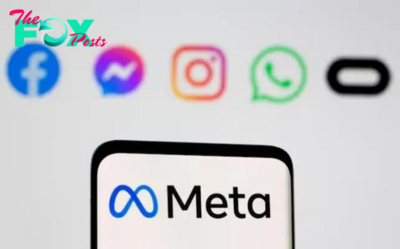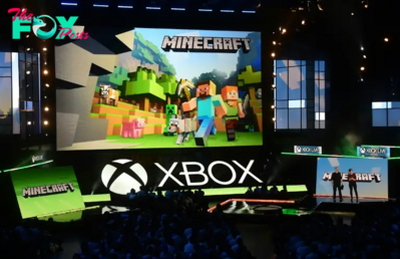Technology
Open AI faces competition as Nvidia releases an AI model that is ready to rival GPT-4.0
Nvidia has unveiled its NVLM 1.0 family of open-source multimodal large language models, with its flagship model, NVLM-D-72B, rivaling proprietary systems like OpenAI's GPT-4 and Google's advanced AI offerings.
This move grants developers and researchers unprecedented access to powerful AI Technology, a departure from the industry trend of keeping advanced models closed.
The NVLM-D-72B, which boasts 72 billion parameters, has demonstrated exceptional performance in both vision-language and text-only tasks.
According to Nvidia's research, the model shows improved adaptability in interpreting complex inputs like images and memes, while achieving a 4.3-point accuracy increase on key text benchmarks after multimodal training—a unique feat compared to other models, which often suffer declines in text performance.
By making the model weights publicly available and promising to release the training code, Nvidia hopes to foster greater collaboration and innovation in AI research.
This move challenges well-established players in the AI industry, potentially pushing competitors to rethink their approach to proprietary systems.
AI researchers have responded positively to Nvidia’s open-source release, recognizing its potential to accelerate advancements in the field.
One expert commented that NVLM-D-72B competes closely with Meta’s LLaMA 3.1 in mathematical and coding evaluations, while also offering superior vision capabilities.
The release also raises important ethical considerations. As access to powerful AI models broadens, concerns over potential misuse and the need for responsible AI practices are likely to grow.
Nvidia’s decision may prompt industry-wide reflection on how to balance innovation with accountability.
The full impact of NVLM 1.0 will become clearer in the coming months. Nvidia’s bold move could reshape AI research and industry dynamics, sparking innovation or amplifying ethical challenges as advanced AI becomes more accessible.
-

 Technology3h ago
Technology3h agoWhy a Technocracy Fails Young People
-

 Technology15h ago
Technology15h agoTransplanting insulin-making cells to treat Type 1 diabetes is challenging − but stem cells offer a potential improvement
-

 Technology20h ago
Technology20h agoShould I worry about mold growing in my home?
-

 Technology20h ago
Technology20h agoBlurry, morphing and surreal – a new AI aesthetic is emerging in film
-

 Technology1d ago
Technology1d agoSpaceX’s Starship advances in spaceflight despite booster landing failure | The Express Tribune
-

 Technology1d ago
Technology1d agoGreat Barrier Reef faces 'significant coral deaths' following recent climate events | The Express Tribune
-

 Technology1d ago
Technology1d agoMeta to challenge India's data-sharing restrictions between WhatsApp, other apps | The Express Tribune
-

 Technology1d ago
Technology1d agoMerlin inks £85m deal to bring Minecraft attractions to UK, US parks by 2026-2027 | The Express Tribune



















